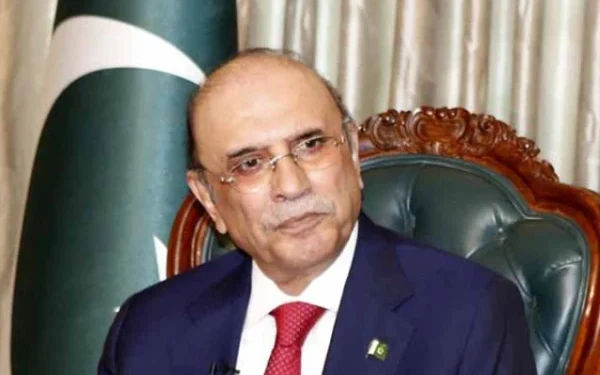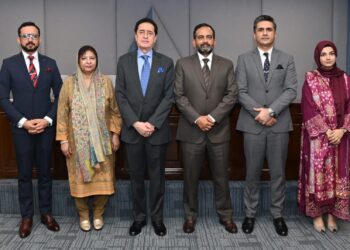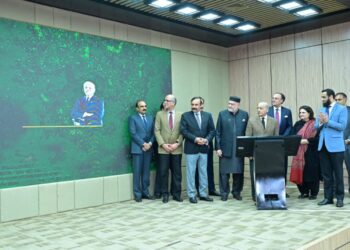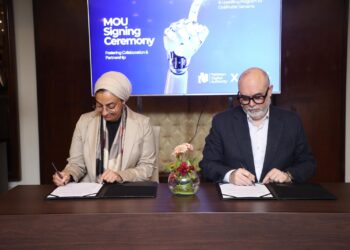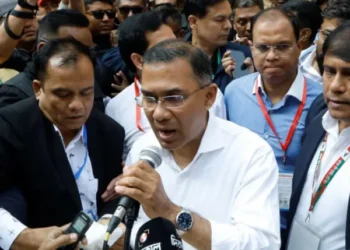Introduction: PPP Assembly Members Voice Concerns in Punjab
Lahore – In a recent significant meeting held within the Punjab Assembly, senior Pakistan Peoples Party (PPP) members met with the party’s co-chairman and former President Asif Ali Zardari. This gathering unveiled growing frustrations among PPP legislators regarding the Punjab government’s treatment of their members and the lack of progress on promised development projects.
According to sources close to the meeting, multiple complaints were raised about the Punjab government’s perceived bias toward the Pakistan Muslim League-Nawaz (PML-N), which remains the dominant party in the province. The PPP members voiced their concerns over limited access to resources, slow development work, and administrative challenges ahead of upcoming local government elections.
Complaints Raised by PPP Assembly Members
The PPP legislators candidly expressed dissatisfaction with their current status as a coalition partner within the Punjab government. Despite their alliance, they claim they are sidelined and not given equal opportunities compared to their PML-N counterparts.
Limited Access to Resources and Facilities
One major grievance highlighted by the members was the denial of access to social and recreational facilities. PPP members stated that they were barred from entering at least eight clubs across the province, a privilege seemingly reserved exclusively for PML-N members. This perceived discrimination has fueled feelings of alienation and mistrust within the party ranks.
Slow Progress on Development Projects
The members also criticized the slow pace of development projects within their constituencies. Despite repeated promises by the government to accelerate work, only about 2 percent of the projects have been completed so far. This sluggish progress has raised serious concerns about the party’s readiness for the upcoming local body elections.
Issues with Public Welfare Programs
Another pressing issue raised was the irregularity in the distribution of ration cards, an essential welfare resource in many constituencies. The PPP members alleged that the PML-N favors certain individuals when issuing ration cards, leaving deserving residents deprived. There were also claims that some beneficiaries have rented out their houses, potentially exploiting the system.
Asif Ali Zardari’s Response: A Call for Unity Amid Constraints
In response to these complaints, Asif Ali Zardari acknowledged the difficulties but stressed the importance of unity and pragmatism in the current political climate.
Acknowledging the Problems, Yet Highlighting Realities
Zardari admitted to being aware of the challenges faced by PPP members but suggested that some issues stem from a lack of political intelligence and strategy. He pointed out the contradictory behavior where members act subserviently during tough times but become overly familiar when in positions of power.
He also noted that the originally agreed political formula governing the coalition is not being fully implemented, hinting at underlying friction between the PPP and the Punjab government led by the PML-N.
Addressing Social Issues Raised by a Female Legislator
A female PPP assembly member expressed concerns about the poor living conditions in Lahore, describing it metaphorically as “an earthquake in the houses.” Zardari replied by acknowledging the social anxieties caused by the current situation and remarked that his presence in Lahore often unsettles many people, underscoring the political tensions in the city.
Emphasizing National Interest and Cooperation
Despite these grievances, Zardari stressed the need for the PPP to stand together with the government “for the country.” He spoke highly of PPP Chairman Bilawal Bhutto Zardari, describing him as an experienced diplomat ready to navigate the complex political landscape.
He reiterated the importance of working within constraints and pushing forward as a united force, especially as Pakistan faces multiple political and economic challenges.
Preparing for Local Government Elections: A Strategic Priority
Zardari emphasized the importance of preparation for the forthcoming local government elections, reportedly scheduled for October. He instructed party members to intensify development efforts and organizational work to ensure the PPP is well-positioned for electoral success.
Focus on Development and Organization
The PPP leadership recognizes that local government elections are critical for strengthening grassroots support and expanding political influence in Punjab, a key battleground province. Zardari assured members that both he and Bilawal Bhutto Zardari would personally focus on party organization in Punjab to address members’ concerns and improve coordination.
Government Officials Informed
Sources revealed that the party leadership has already communicated the assembly members’ concerns to the relevant government officials, indicating a commitment to resolving outstanding issues and improving cooperation within the coalition.
Political Context: PPP-PML-N Relations in Punjab
The dynamics between the PPP and PML-N in Punjab have historically been complex. While both parties have competed fiercely at the national level, coalition politics in Punjab necessitates cooperation despite differences.
Punjab’s Political Landscape
Punjab is Pakistan’s most populous province and a political stronghold for the PML-N. The PPP, though traditionally stronger in Sindh, has been working to expand its influence in Punjab. This has required navigating alliances and compromises that sometimes create friction within party ranks.
Coalition Challenges
The coalition government’s challenges are emblematic of broader political tensions in Pakistan, where regional interests, party loyalties, and governance demands often collide. The PPP’s concerns about resource allocation and administrative bias reflect deeper issues in coalition governance, particularly when one partner dominates the provincial political space.
Conclusion: Moving Forward Amid Political Realities
The meeting between PPP assembly members and Asif Ali Zardari highlighted critical internal challenges within the party and its coalition with the Punjab government. While grievances about slow development and unequal treatment persist, Zardari’s call for unity and pragmatic cooperation reflects the complex balancing act required in Pakistan’s coalition politics.
As the PPP prepares for upcoming local elections, the party’s ability to address internal dissatisfaction and strengthen organizational capacity in Punjab will be crucial for its political future. With Bilawal Bhutto Zardari emerging as a key diplomatic figure and Zardari’s leadership experience, the PPP aims to navigate these challenges effectively, ensuring it remains a significant political force in the province and the country.
















